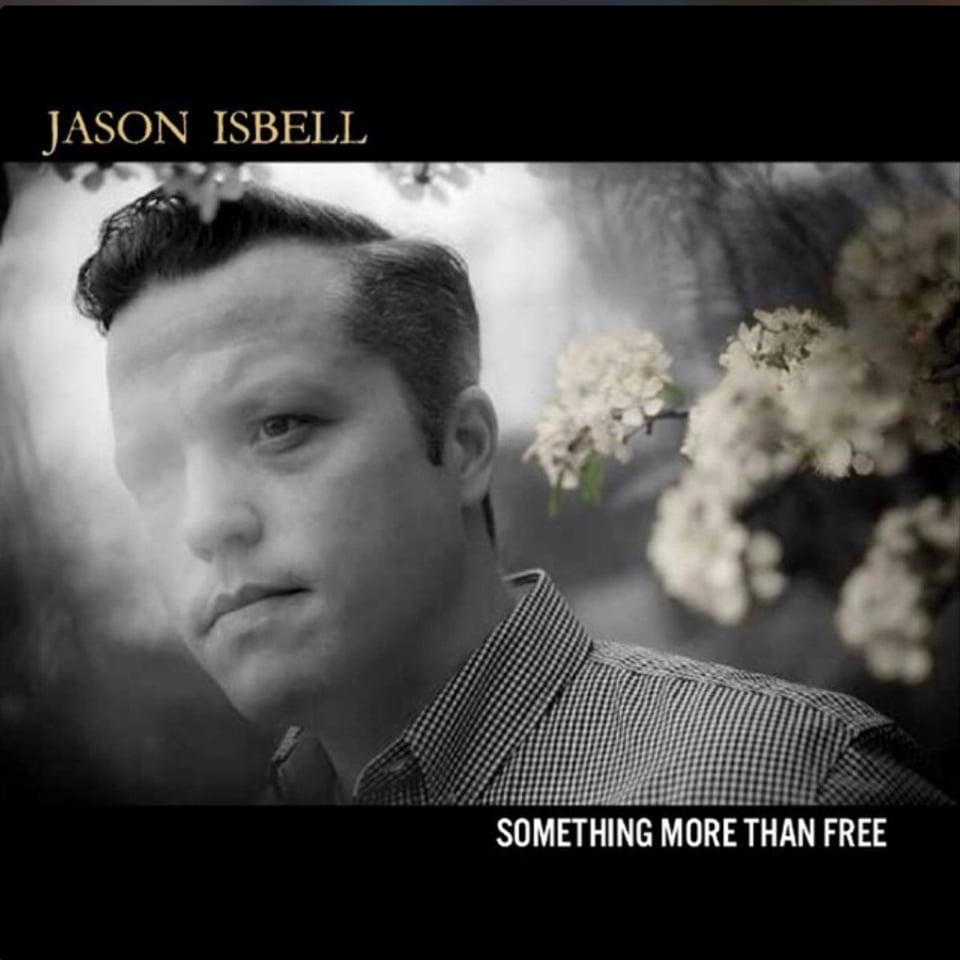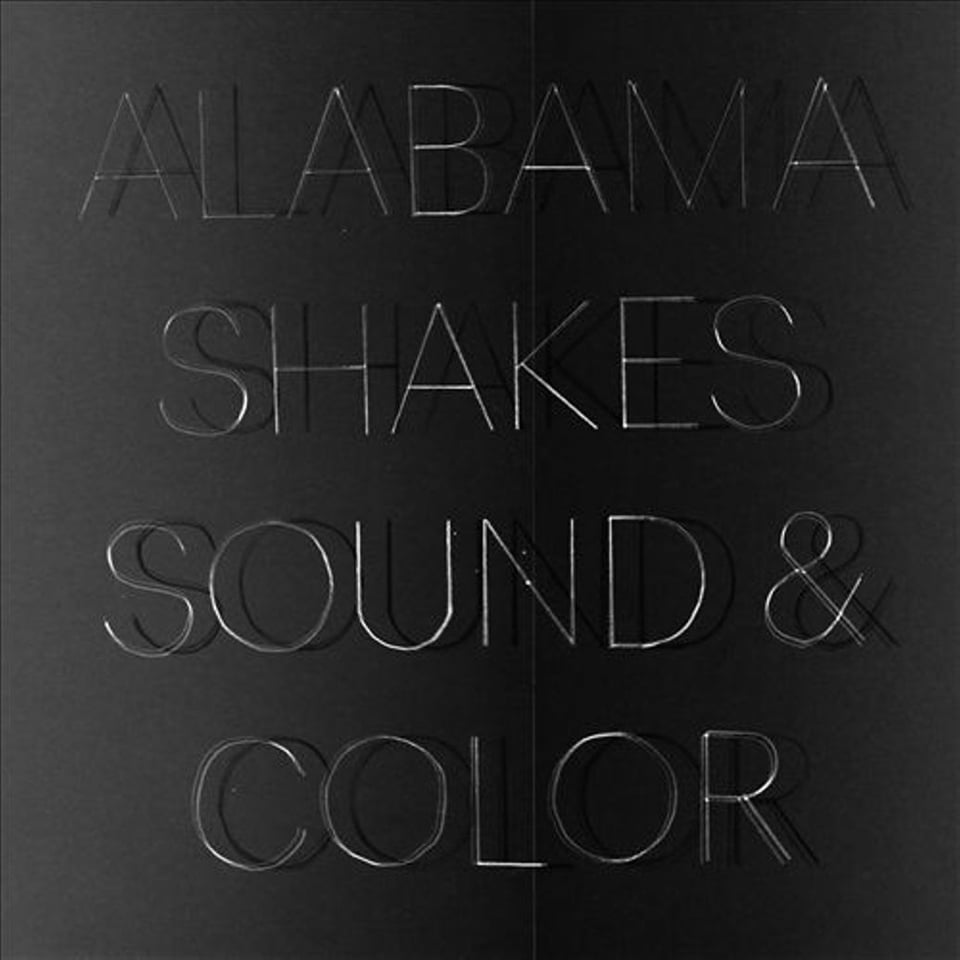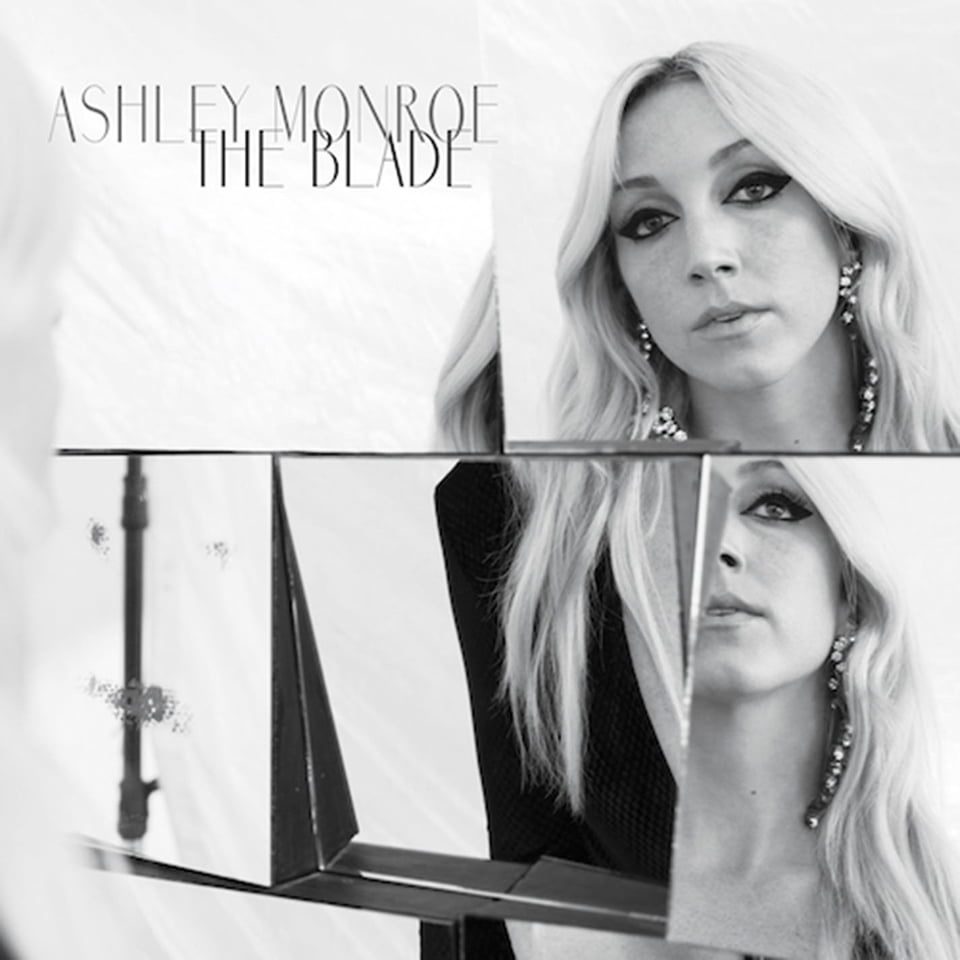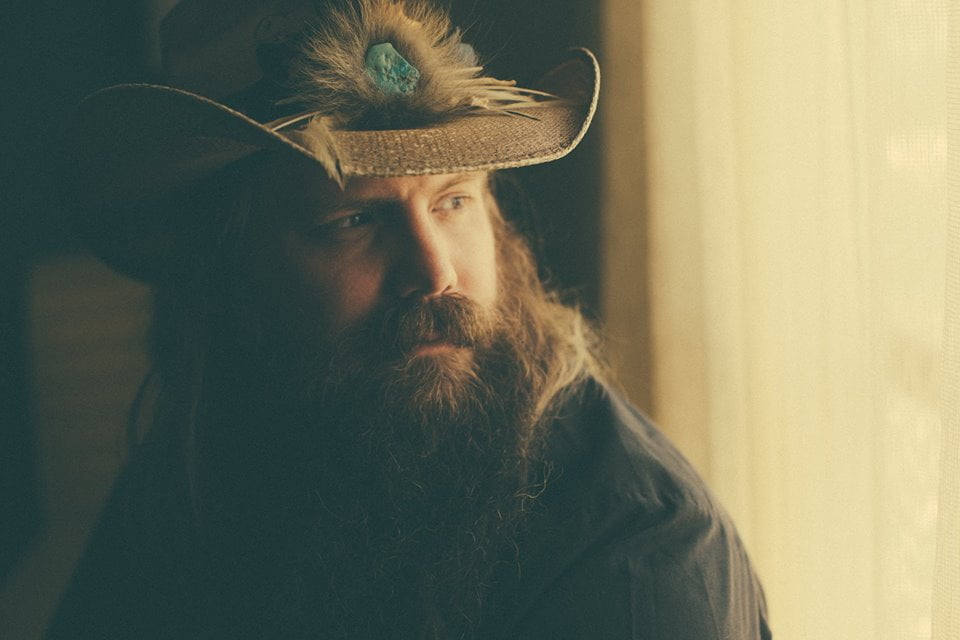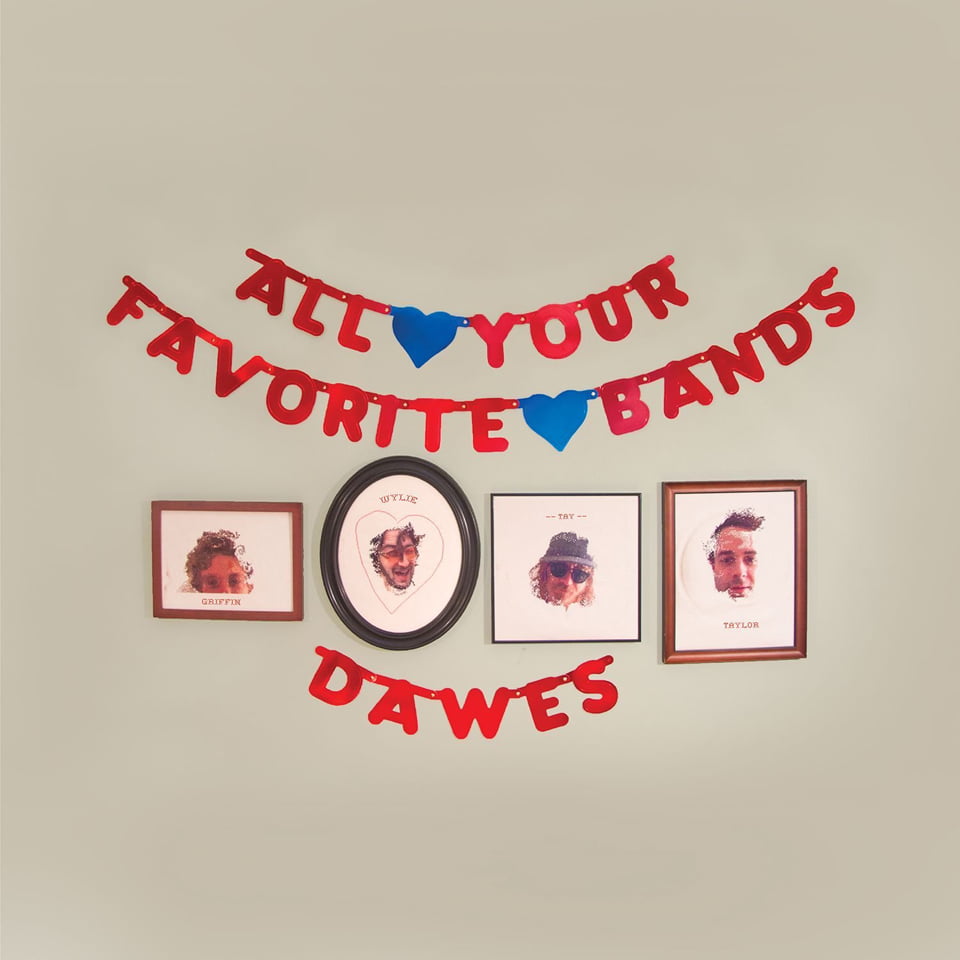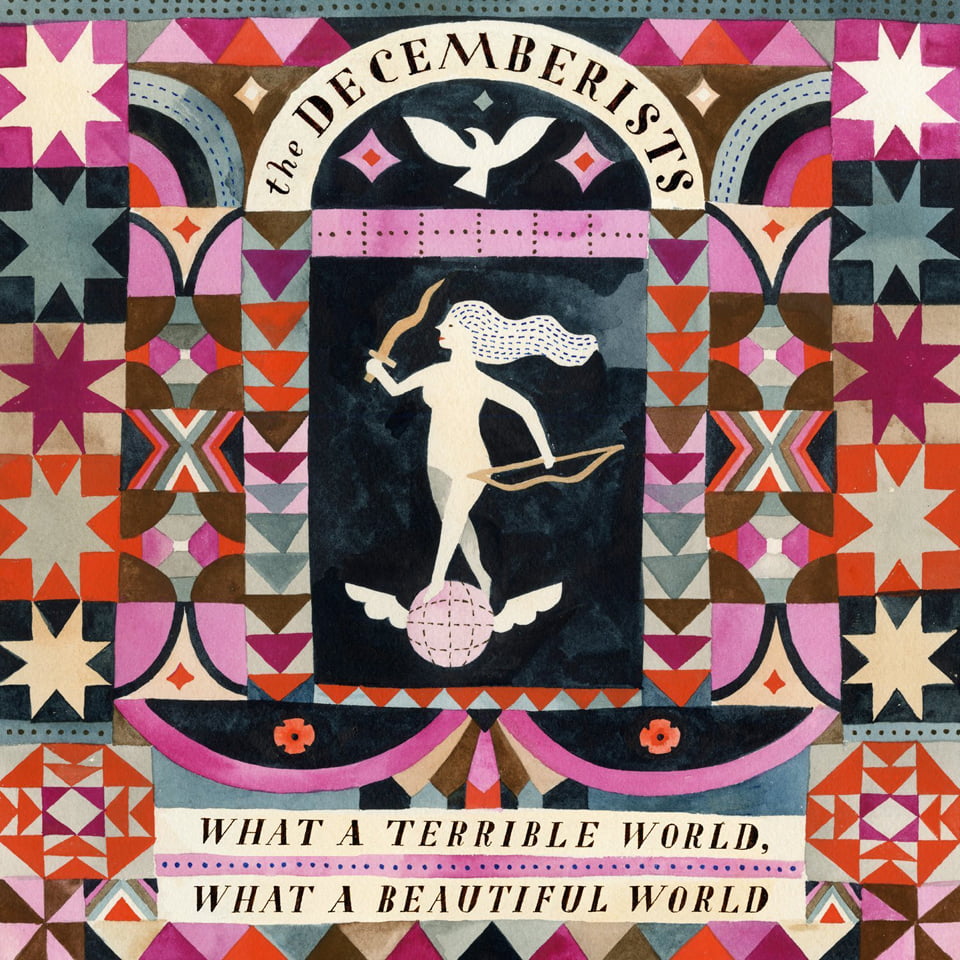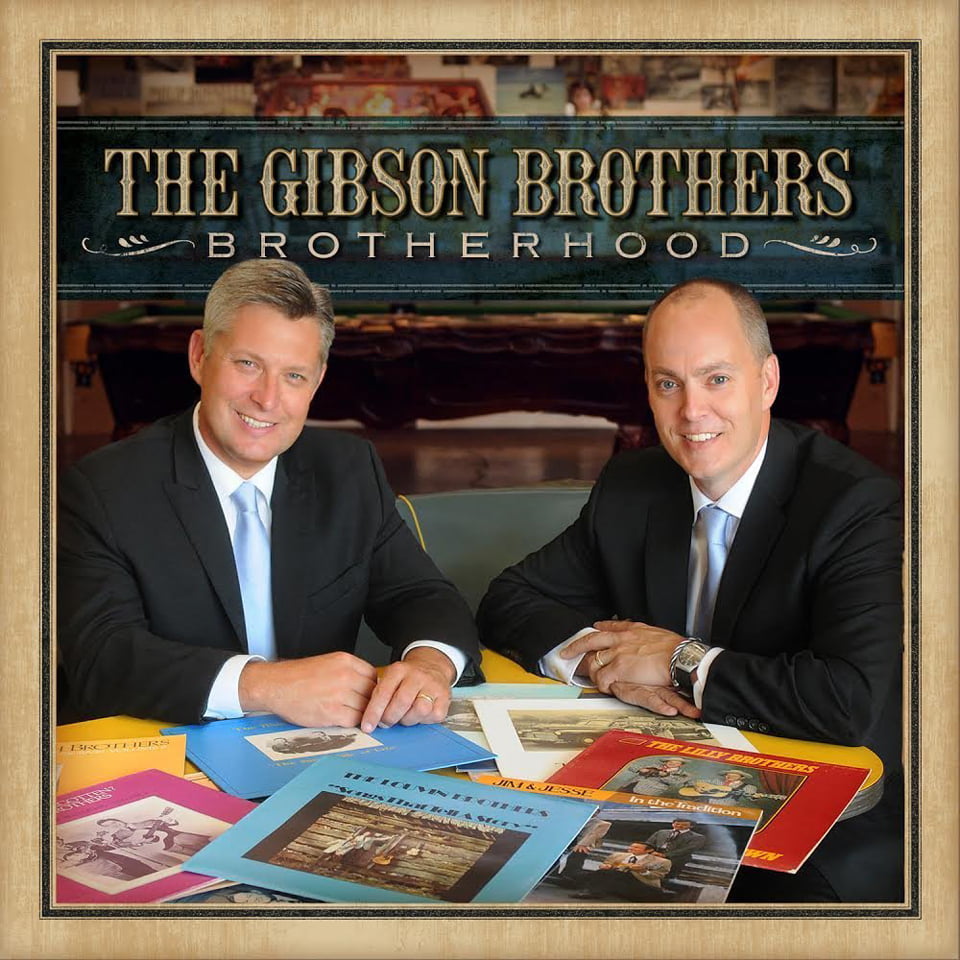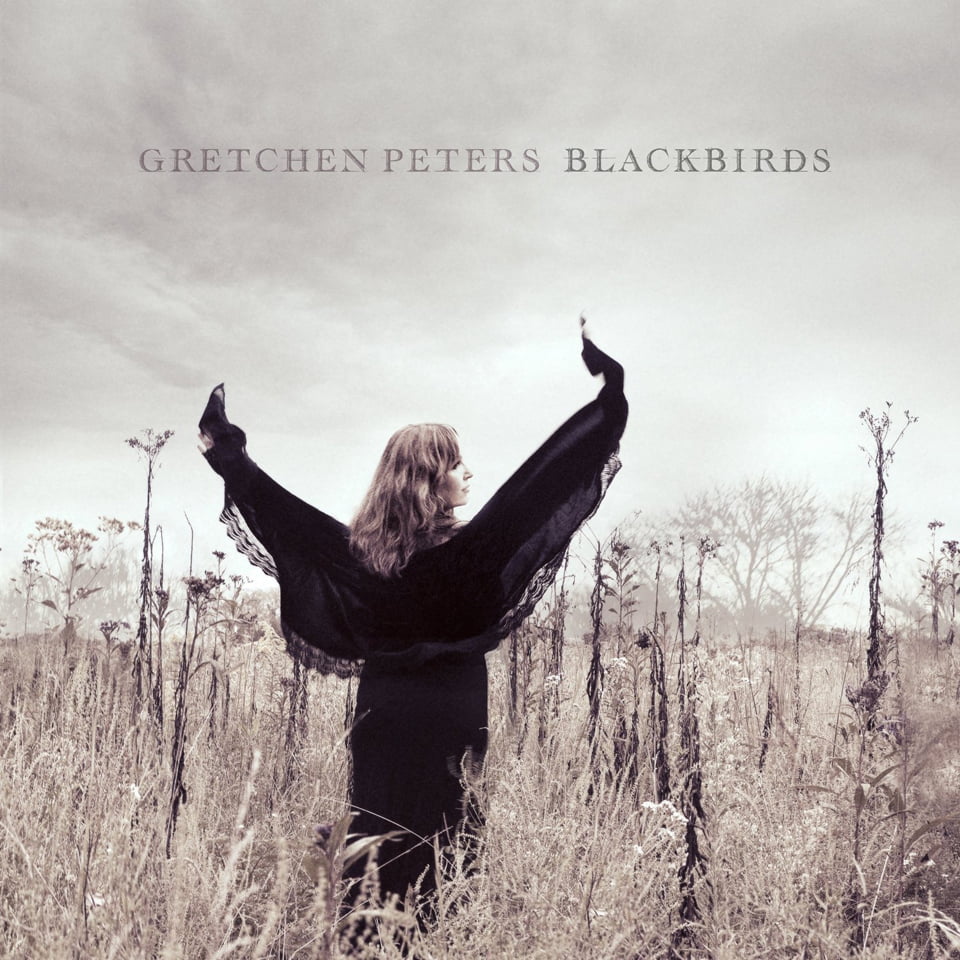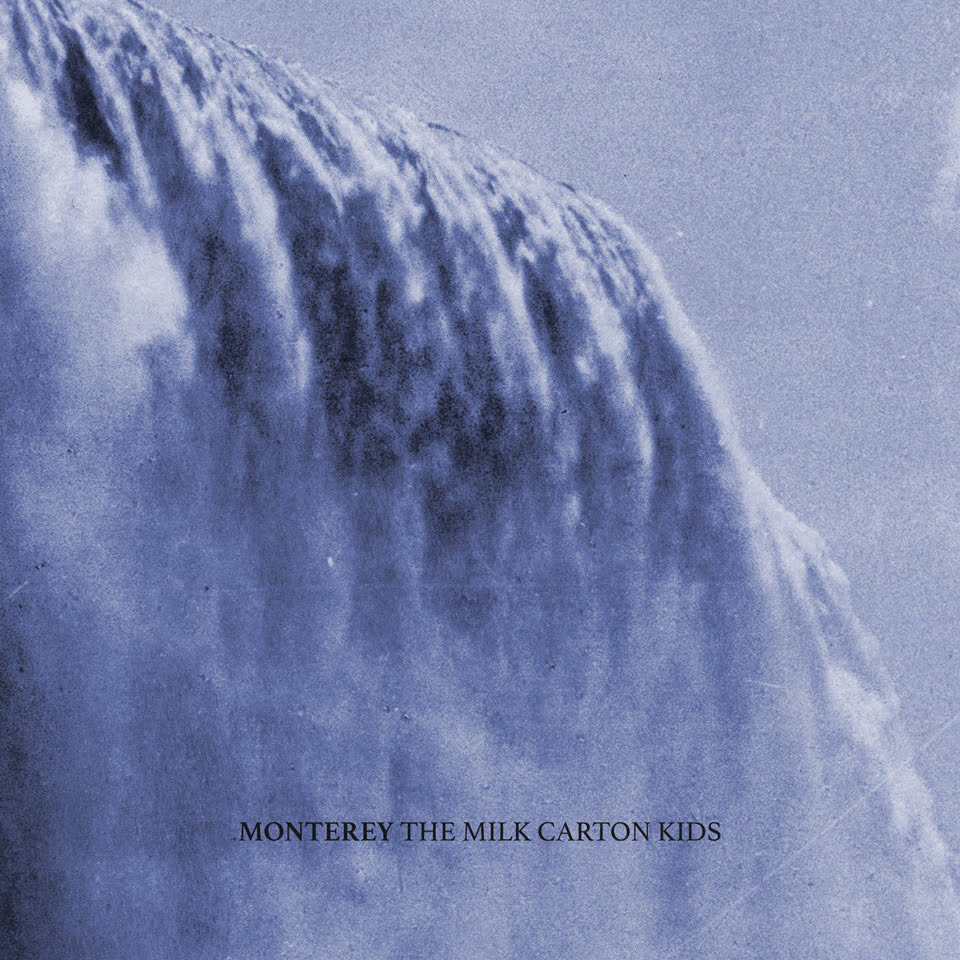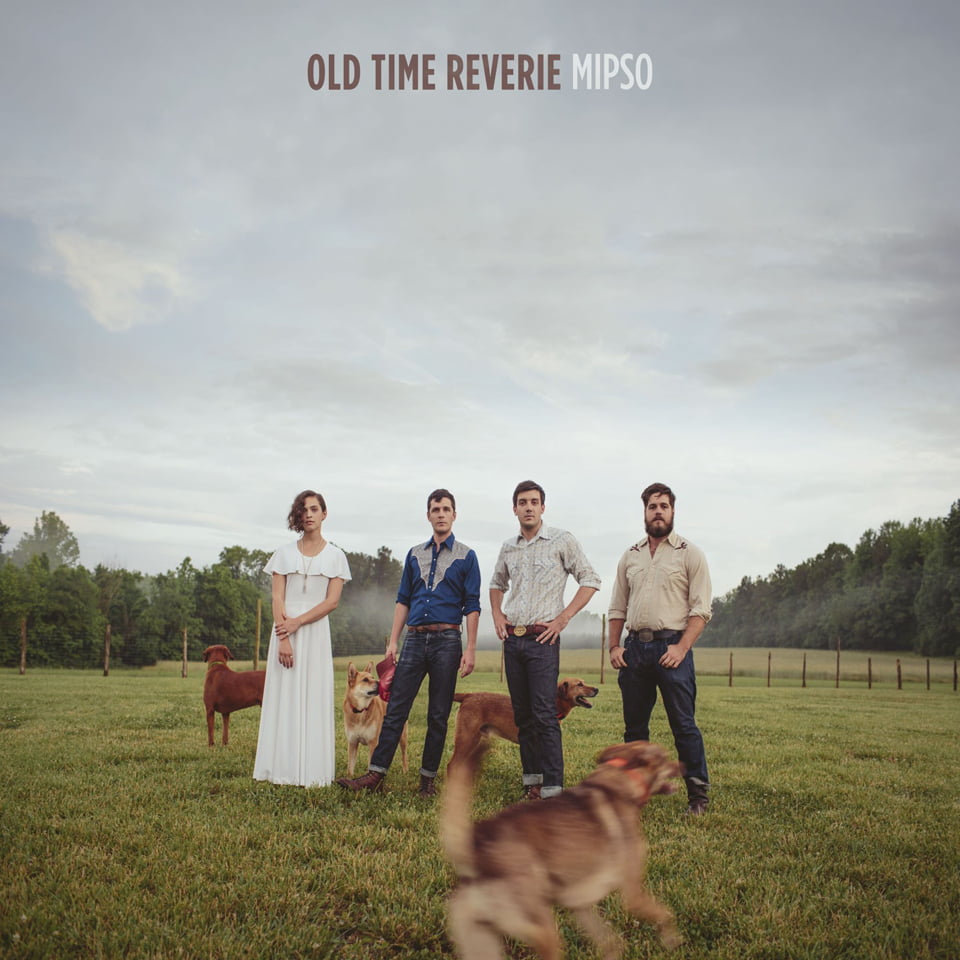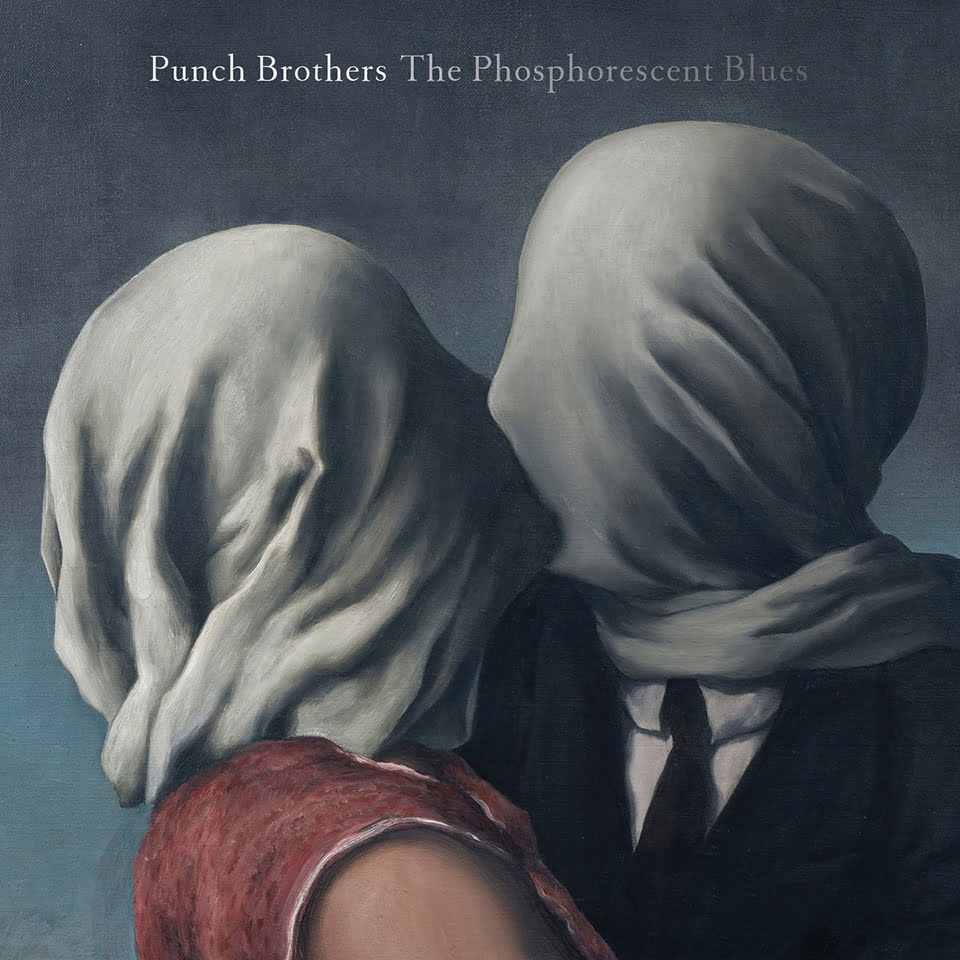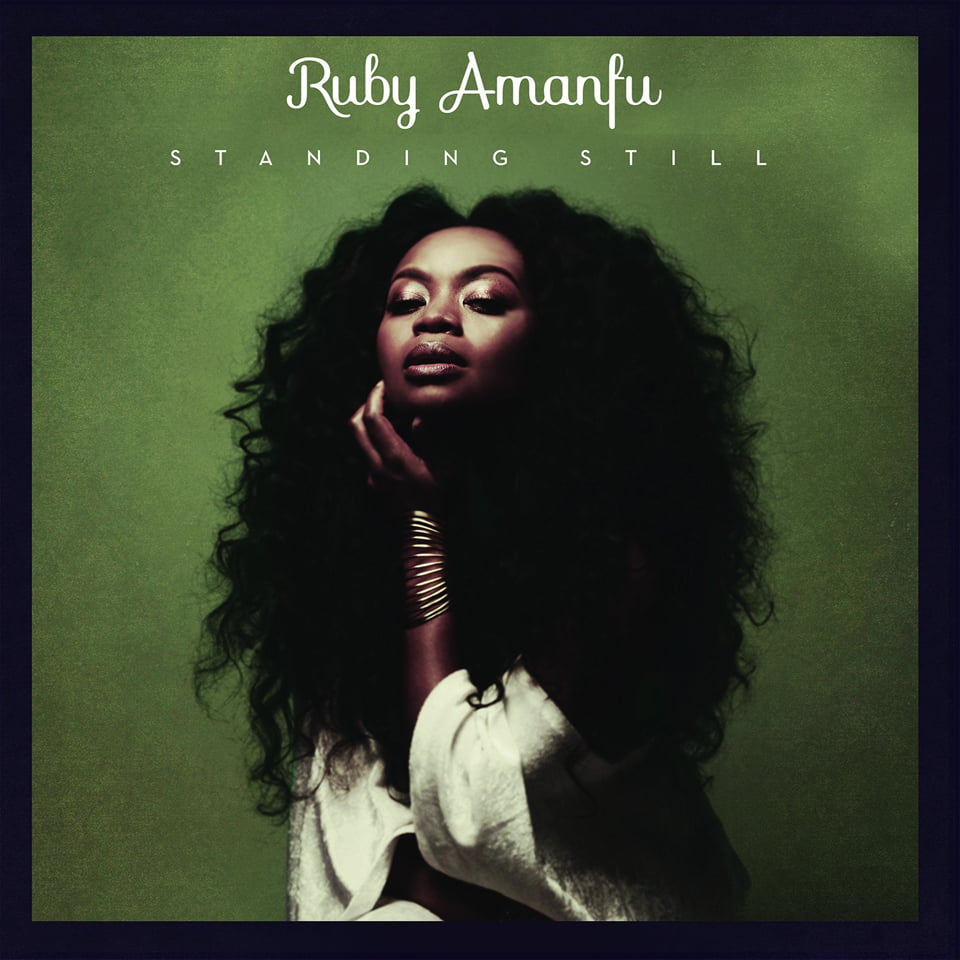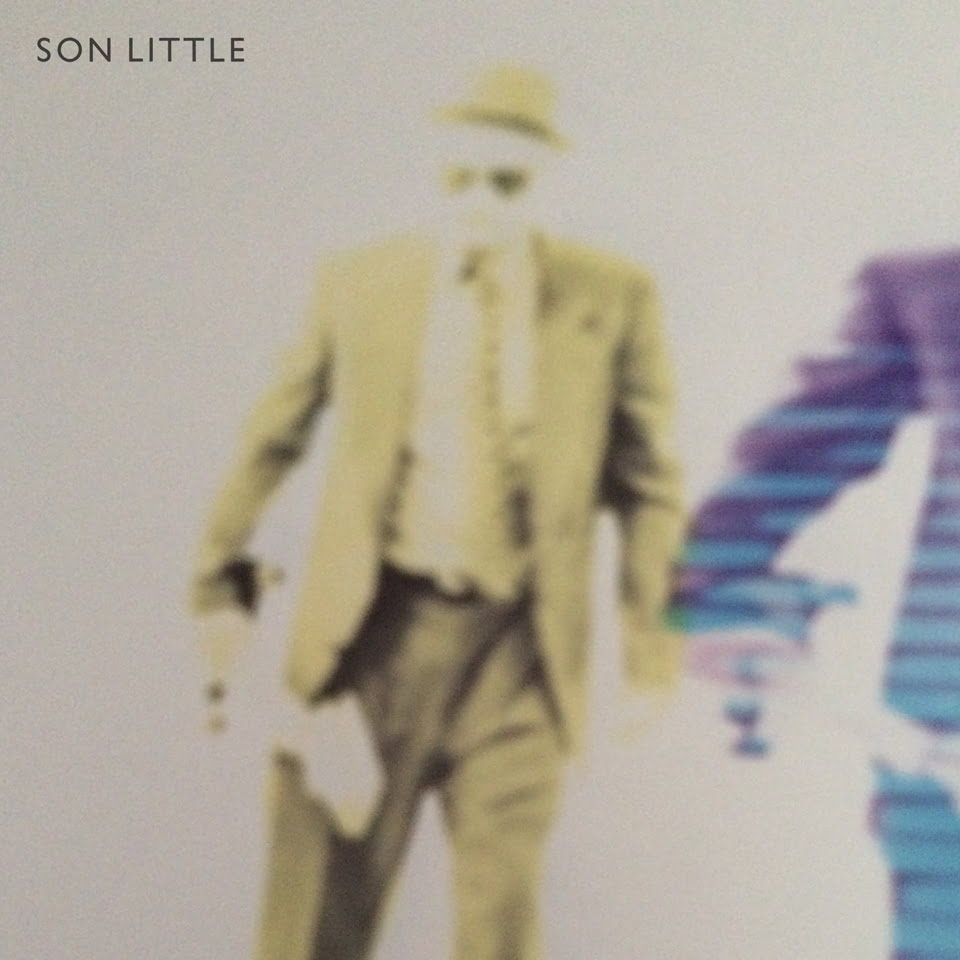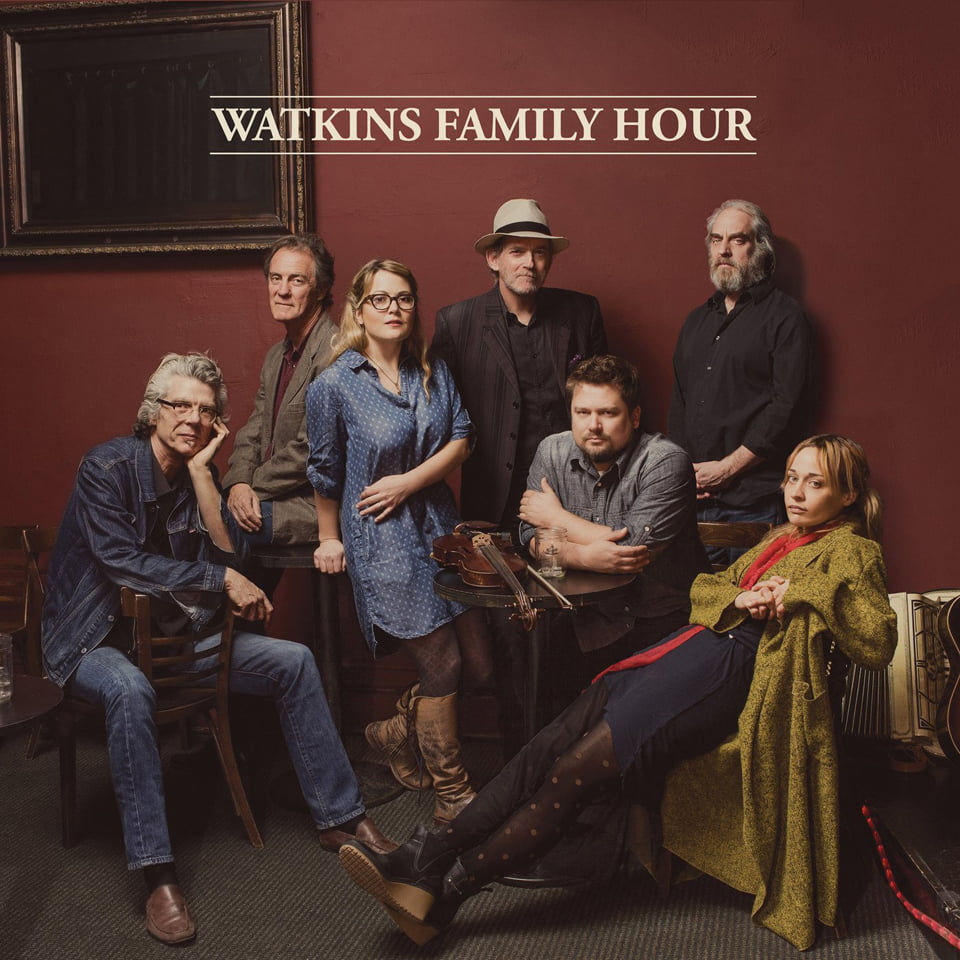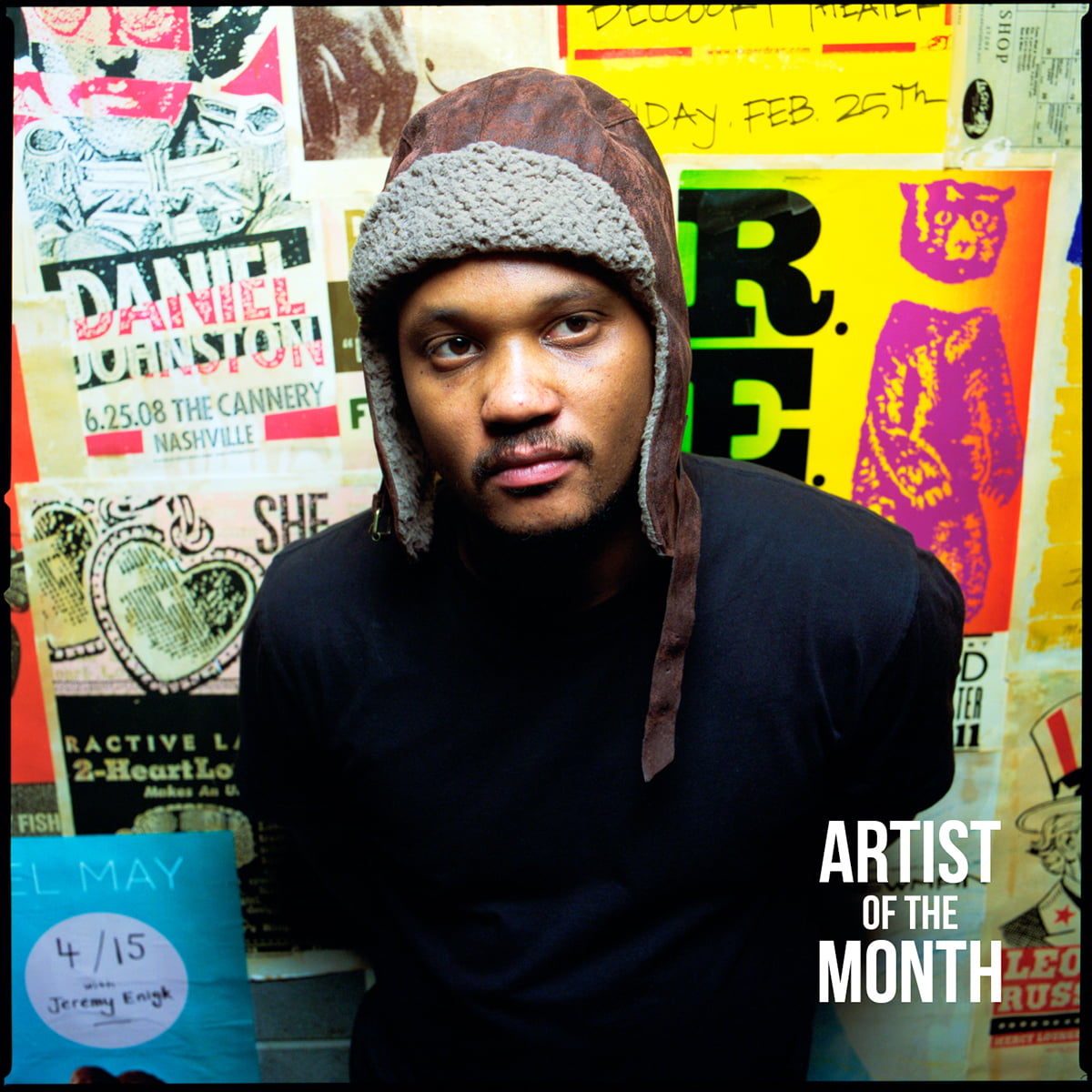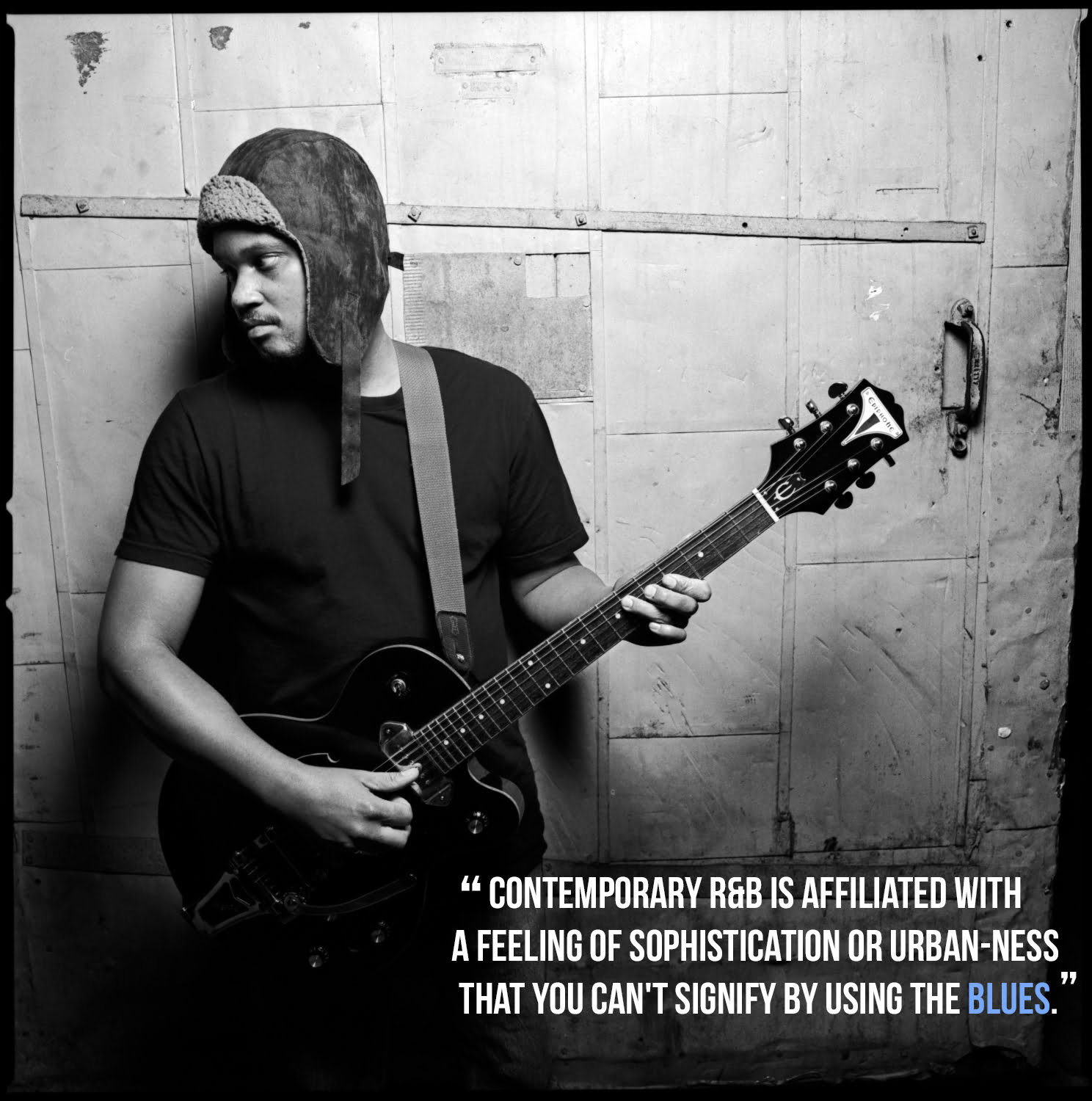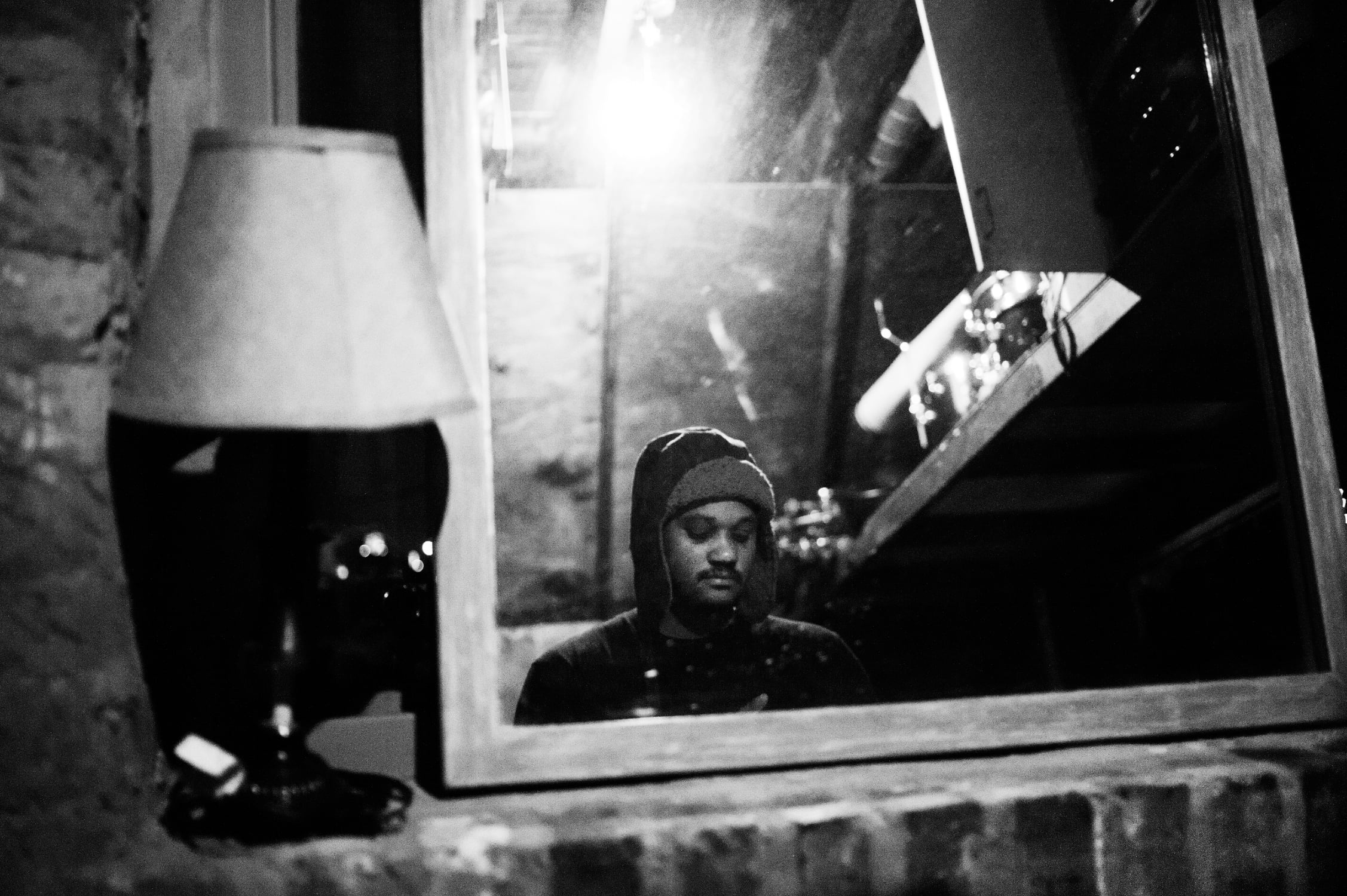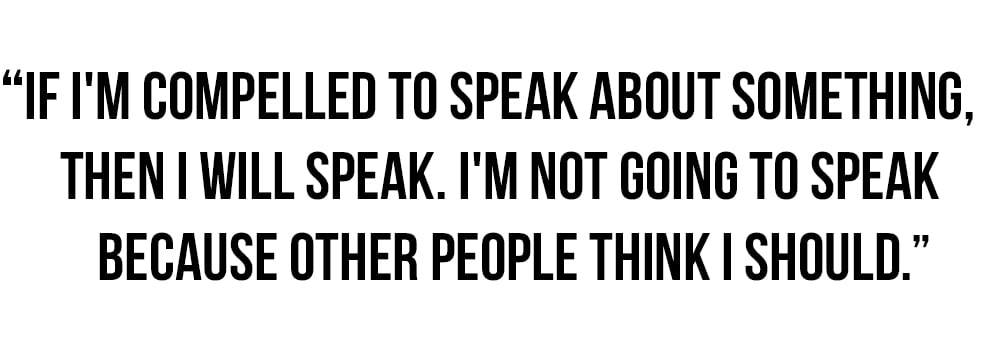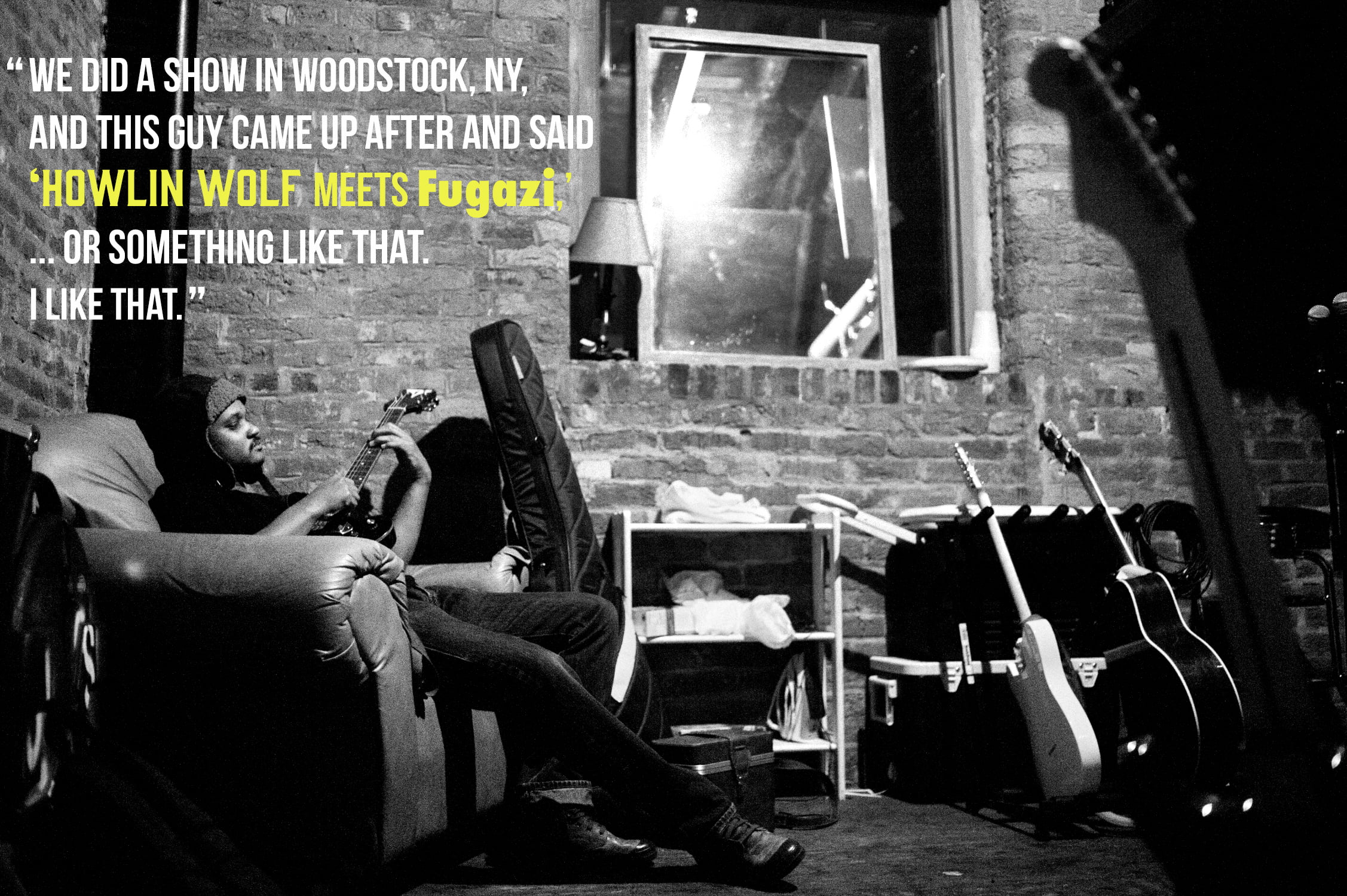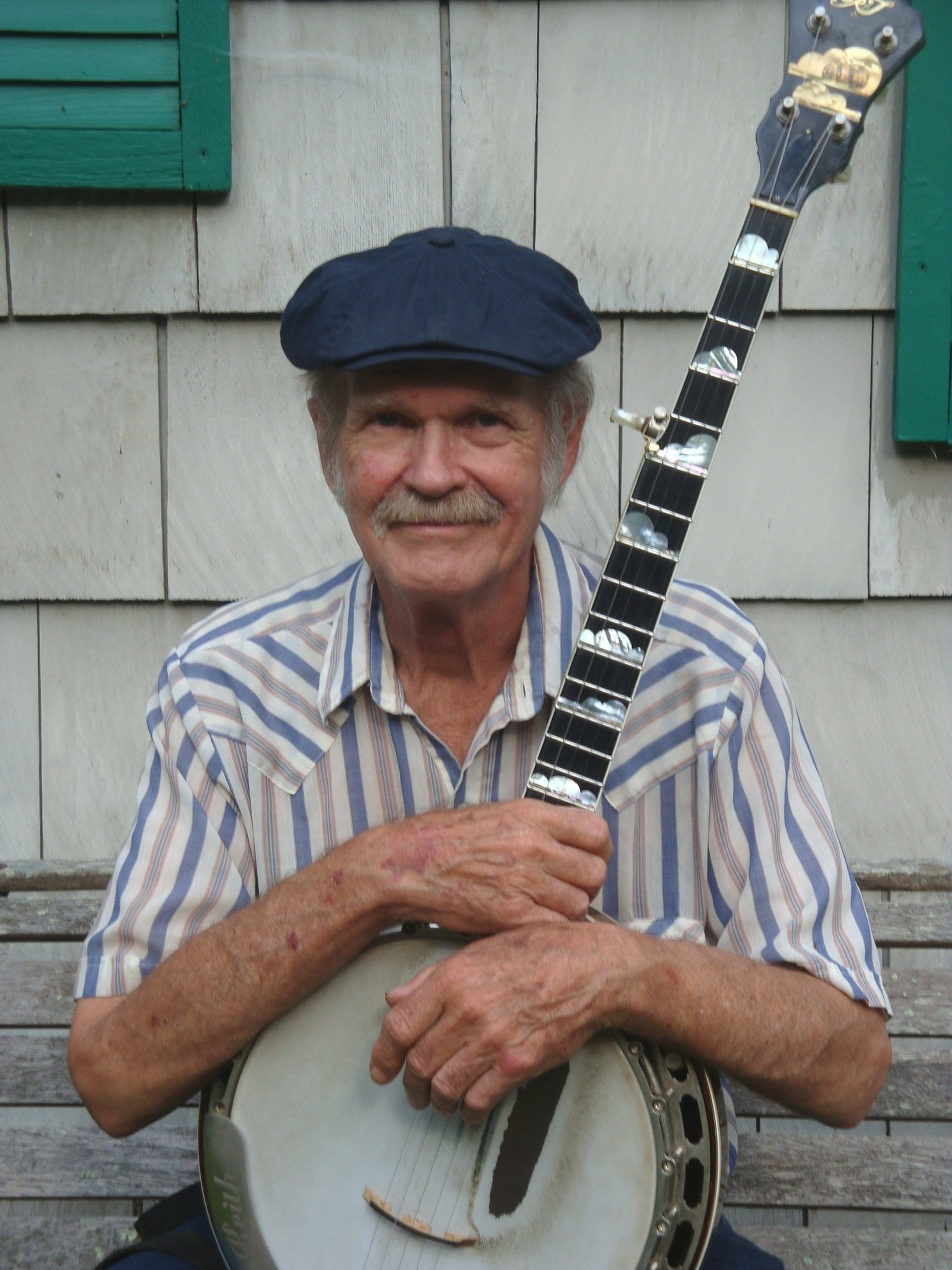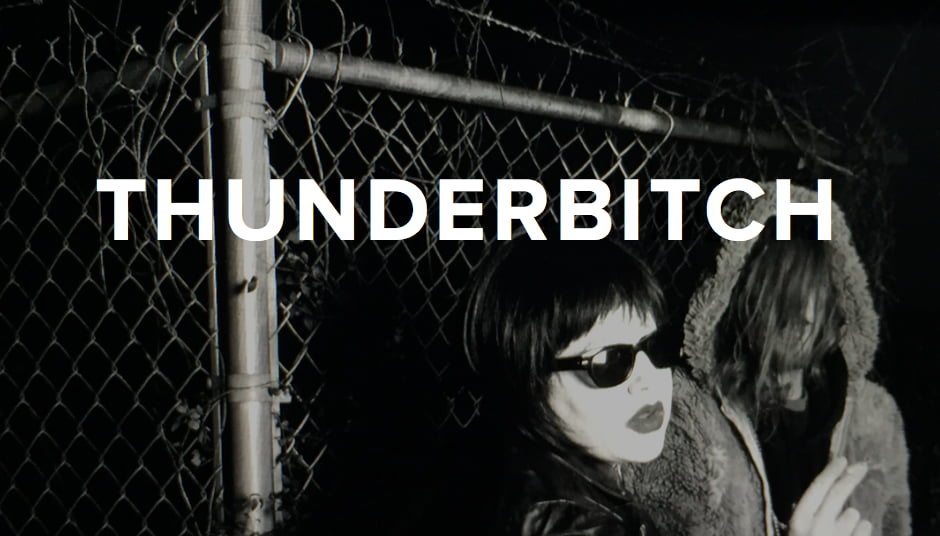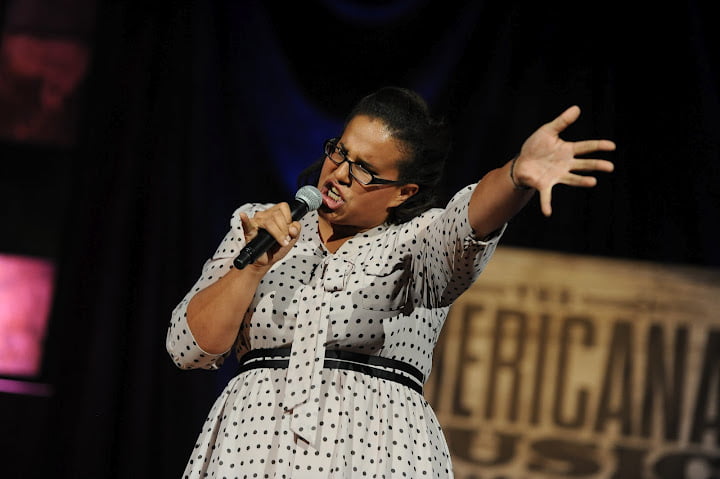From Jason Isbell debuting at the top of three Billboard charts to Chris Stapleton sweeping the CMA Awards to Alabama Shakes nabbing five Grammy nominations, this year has proven that roots music is alive and very, very well. But, because our coverage area is so dang wide and deep, we decided that making a ranked list wasn't fair to anyone. After all, Sam Lee is baking apples while Dawes is juicing oranges. So, here are 21 of our favorite graduates from the BGS Class of 2015: Albums. For a whole bunch of others, check out BGS Class of 2015: Songs.

Valedictorian/Prom King/Class President: Jason Isbell, Something More Than Free
It's no wonder this album topped the rock, folk, and country charts when it dropped. Jason Isbell made another masterpiece of an album that absolutely defies the lines of genre and the limits of genius. Meandering through throwback country-rock and contemporary folk, Something More Than Free is a cornucopia of sonic goodness and solid songwriting. — Kelly McCartney

Best Avoidance of the Sophomore Slump: Alabama Shakes, Sound & Color
If you've only ever heard Boys & Girls, forget what you know — or think you know — about Alabama Shakes. Brittany Howard had a vision and, on Sound & Color, she let it rip, roar, rock, and roll. This album blasts soulful Southern rock into a whole new dimension. Indeed, the last third gets pretty trippy, but it's a ride worth taking. — KMc

Best Ameripolitan Hat Tip to '70s FM Radio: Andrew Combs, All These Dreams
Andrew Combs has been in and around the Nashville music scene for years now, but it's with All These Dreams that he truly came into his own as an artist to be reckoned with. From the gentle melancholy of "Rainy Day Song" to the heartful vulnerability of "In the Name of You," Combs proves that all those years listening to Guy Clark and Mickey Newbury have paid off in spades. — Brittney McKenna

Most Likely to Give You Hope for Contemporary Country Music: Ashley Monroe, The Blade
Since she couldn't make a better record than 2013's Like a Rose, Ashley Monroe made a different record with The Blade — one that is equally exquisite. Much like Lee Ann Womack, Monroe turns heartache into an almost enviable position. This is what country music is supposed to sound like. — KMc

Most Likely to Make You Shoot Some Whiskey: Chris Stapleton, Traveller
Bearded, burly, and bounding with heart and soul, the rise of country music's "new savior" is no surprise when you speak of Chris Stapleton. The Kentucky-born, Nashville-based songwriter (and former bluegrasser) has been penning tunes for big stars for years. Now it's his time to shine. Traveller isn't your typical country album: Influenced by R&B and Southern rock, it'll throttle you with different shades and colors of the genre — in a good way. — Cameron Matthews

Most Likely to Be Played in Parked Cars: Dawes, All Your Favorite Bands
The title song says it all: "May all your favorite bands stay together." Please Dawes, never never never break up … if only so we can always have albums as wonderful as this. — Amy Reitnouer

Most Likely to Make You Want to Be a Sea Captain: The Decemberists, What a Terrible World, What a Beautiful World
It would be easy to take the Decemberists' joy and jauntiness for granted, if not for the humility and humanity that they temper it with. As evidenced by the title, this one balances out those scales pretty gloriously and very gracefully. — KMc

Most Likely to Make You Give Up the American Dream: Father John Misty, I Love You, Honeybear
Who knew that the twilight of the American Dream could be a time of celebration? Singer/songwriter Josh Tillman's sophomore release as the dirty reverend, Father John Misty, encapsulates all of our fears of earning less, dying younger, living harder, and feeling nothing. But Misty wants you to be in on the joke. He's not laughing at how you bought into it all. He's laughing with you, man. I Love You, Honeybear is a brilliant satire, an absurdist love story, and, above all, one of the most important albums of the decade. — CM

Most Likely to Get You into Bluegrass (Least Likey to Start a Blood Feud): The Gibson Brothers, Brotherhood
The hermanos Gibson are a powerhouse of emotion and vocal talent in the world of bluegrass and folk music. On Brotherhood, the pair cover myriad brother bands — like the Everlys and Louvins — with grace and crystalline vocal arrangements. Put this one on the ole speakers and, after you're finished sobbing, realize that you've been a bad brother and call up Missouri asking for forgiveness. — CM

Best Soundtrack to a Love Affair: Glen Hansard, Didn't He Ramble
The man who gave us one of the most heart-wrenching love stories ever on film (He won an Oscar for Once.) is back with an equally emotional second solo record. The songs on Didn't He Ramble are all about asking for grace, forgiveness, and mercy, and by the end of the record it's the listener — like the jilted lover in one of his songs — who comes crawling back for more. — AR

Most Likely to Help You Through Some Dark, Dark Times: Gretchen Peters, Blackbirds
On Blackbirds, Gretchen Peters stretches out her glorious wings and soars into some deep valleys. This album offers not so much a light at the end of the tunnel as a candle along the way. — KMc

Most Likely to Make You Wish You Were a Better Songwriter: John Moreland, High on Tulsa Heat
With his sophomore album, In the Throes, John Moreland proved himself one of the best songwriters making music, and he somehow managed to out-do himself on this most recent collection — one that is a truly jaw-dropping listening experience from start to finish. — BMc

Most Likely to Bring About a Soul Revival: Leon Bridges, Coming Home
Soul music had a good year this year. Much of it, though, came in the blue-eyed form, from guys like Anderson East and Nathaniel Rateliff putting a modern spin on an old sound. What sets Leon Bridges and Coming Home apart is his attention to detail, as evidenced by the album's art. He's not remaking the music in his own image; he's doing exactly the opposite. And it flat out suits him. — KMc

Best Aural Equivalent of Red Wine: The Milk Carton Kids, Monterey
The Milk Carton Kids have long been known for their intricate guitar arrangements and gentle harmonies, becoming outliers in a genre that often favors banjos and bombast. On Monterey, they double-down on what sets them apart, crafting a gorgeous, cinematic album that proves sometimes it's the quiet guys who have the most to say. — BMc

Best New Kids on the Block: Mipso, Old Time Reverie
The guys and gal of this North Carolina quartet are an exciting distillation of modern bluegrass. They dress in the fashions of today, sing about issues new and old, and incorporate the athletic musicianship necessary to be a top-notch string band. Mipso's sophomore release can best be described as deliberate and care-filled. Each song is executed with a steady hand, beginning with the palindromic "Marianne." But it's the addition of Libby Rodenbough on fiddle that makes Old Time Reverie required listening. Prepare yourself a tall bourbon and enjoy this one on your city balcony. — CM

Most Likely to Make You Cry and/or Burn a Box of Photos of Your Ex: Natalie Prass, Natalie Prass
Break-ups suck and if, like Natalie Prass, you need to turn love lost into found art, you might as well do it with a kick-ass horn section. Lyrics like "our love is a long goodbye" may have you in tears, but the '70s-inspired brass will have you dancing on your way to grab those Kleenex. — BMc

Best Dystopian Opera by a String Band: Punch Brothers, The Phosphorescent Blues
Punch Brothers' latest album is the band's most mature offering to date — it's also their most difficult to handle. Lyrically, The Phosphorescent Blues is heavy, even burdensome, but it saves itself from being a droll appraisal of modernity through boundary-pushing string music. Fiddle player Gabe Witcher introduced drums into the Brothers' world, while the rest of the band acheives a synergy they have not seen before. If we're talking simply, it's like Yes made a strings album with the lyrics of Louis Carroll. — CM

Most Likely to Make You Love a Kanye West Song: Ruby Amanfu, Standing Still
Not every singer knows how to make a song their own. Ruby Amanfu does and, with Standing Still, she offers a master class in the art of interpretation. Here, she takes tunes by Bob Dylan, Jimmie Dale Gilmore, and, yes, Kanye West and turns them on their ears. The results are stunning to behold. — KMc

Best Gypsy Revival Not Starring Patti Lupone: Sam Lee & Friends, The Fade in Time
Every artist in the "heritage" movement could learn a thing or two from UK artist and song collector Sam Lee. The Fade in Time is a mystical mix of traditional folk songs and gypsy tunes — often incorporating the original recordings that Lee himself has captured — with innovative, modern, and at times tribal sounds. Highly recommend turning this up during late-night trips driving through the desert (as we did en route to Telluride Bluegrass this June). Pure magic. — AR

Most Likely to Make You Re-Think the Blues: Son Little, Son Little
Blues is one of those genres that people love to debate: Is it still alive? And, if so, is it well? Son Little is here to tell you that, yes, the blues is indeed alive and, in capable hands like his, it will be well for many years to come. — BMc

Best Multi-Generational Supergroup: Watkins Family Hour, Watkins Family Hour
When WFH announced their record early in 2015, we had serious doubts as to whether anything could encapsulate the special experience that is Sara and Sean Watkins' monthly variety hour at Largo in Los Angeles. But lo and behold, this self-titled record not only captures the warmth and camaraderie that makes the live show so special (featuring the likes of Benmont Tench, Fiona Apple, Greg Leisz, and others), but it stands up as one of the best roots albums of the year. — AR
For more musical goodness, check out the full Class of 2015. Follow the playlist on Spotify and add your own favorite songs to it:


